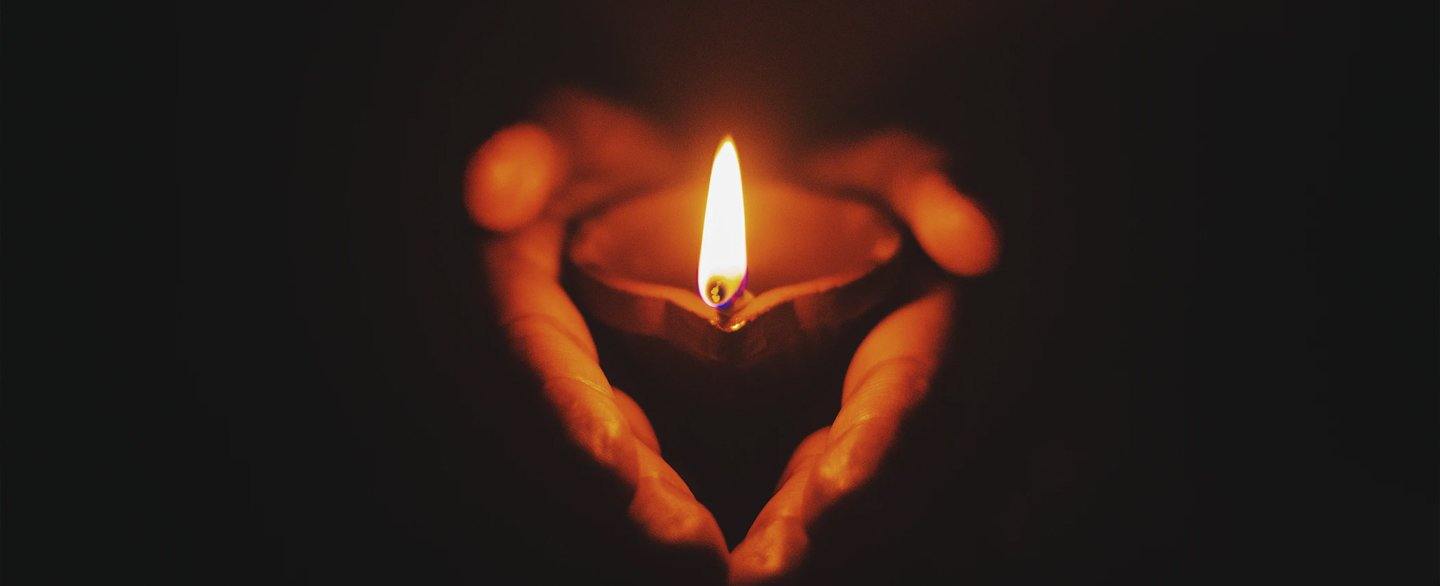The stories coming out of Texas the last few weeks have been a big wake up call for the millions who take daily conveniences like power for granted. It’s a reminder that the foundational services we’re so dependent on could disappear at any moment.
The good news is that comfort and safety are possible—and even easy—through long-term power outages. This article will provide you with some tips on making sure you and your home are safe in the event of a power outage.
Prevent Carbon Monoxide Poisoning

We should start with the fact that there is a wrong way to heat your home, but you need to stay safe by protecting against carbon monoxide (CO) poisoning.
- Make sure you have working, properly installed CO alarms in your home. CO is an odorless, colorless gas produced by fuel combustion that can make you ill with flu-like symptoms and in extreme cases can be fatal.
- Check or change the batteries in your carbon monoxide detector every six months. If you do not have a battery-powered or battery back-up carbon monoxide detector, buy one as soon as possible.
- Have your heating system, water heater, and any other gas, oil, or coal-burning appliances serviced by a qualified technician every year.
- Keep vents and flues free of debris. Debris can block ventilation lines.
- Never leave the motor running in a vehicle parked in an enclosed or partially enclosed space, such as a garage.
- Never run a motor vehicle, generator, pressure washer, or any gasoline-powered engine less than 20 feet from an open window, door, or vent where exhaust can leak into an enclosed area.
- Never use a charcoal grill, hibachi, lantern, or portable camping stove inside a home, tent, or camper.
- Never run a generator, pressure washer, or any gasoline-powered engine inside a basement, garage, or other enclosed structure, even if the doors or windows are open.
- If you suspect carbon monoxide poisoning, call 911 or a health care professional right away.

Portable Generator Safety
Keeping all that in mind, a portable generator can be a life saver in emergencies as long as you follow these safety guidelines:
- Keep the generator dry. Operate on a dry surface under an open, canopy-like structure.
- Read the manufacturer’s instructions.
- Dry your hands before touching the generator.
- Plug appliances directly into generator or use a heavy-duty, outdoor-rated extension cord. Make sure the entire extension cord is free of cuts or tears and the plug has all three prongs, especially a grounding pin.
- Do not connect the generator to your home’s wiring. Power can flow out of your home into the electric system creating a hazard for crews working in the area.
- Never fill the generator with fuel while it is running or still hot. Turn it off and let it cool. Fuel spilled on hot engine parts could ignite.
- Always store fuel outside of living areas, away from fuel-burning appliances, in properly labeled, non-glass containers.
- You will not be able to use all appliances at once. You may have to turn off some appliances to avoid overload. And make sure any connected appliances are off before starting the generator.
- Generators should be used for emergency standby power ONLY and for short periods of time. Refrigerators do not need to run 24 hours a day to keep food fresh. Monitor the internal temperature, which should be kept at 40 degrees or below.
Candles and Matches

When it comes to open flames of any kind, whether you use them for lighting or heat, make sure you are extra careful:
- Use flashlights or candles whenever possible instead of burning candles.
- Place candles in sturdy candleholders, protected by a glass chimney.
- Keep candles away from flammable materials, and out of reach of children and pets.
- Never leave candles unattended, blow them out when you leave the room or go to bed.
- Avoid candles in bedrooms.
- Keep matches and lighters away from children and never let children light candles unless they are supervised.
When the power goes out, it is important to take special care with appliances, here are some suggestions on what you can do to make sure they are safe during the outage:

Appliances
- Make sure your stove and oven are turned off as soon as the power goes out and that nothing is left on the stove or in the oven. This prevents fires if the power is restored while you are sleeping.
- Unplug small appliances and electronics as there may be a power surge when electricity is restored.
- Keep generators and hot exhaust gases away from anything flammable.
- Storing fuel can be a challenge, but it’s far from impossible. At the very least, store generator fuel outside in an approved container.
- Shut down and let generators cool before refueling.
- Always follow the manufacturer’s instructions for using your generator.
General Heating Safety
- If the heat goes out in your home, there are plenty of ways to stay warm. Start by wearing several layers of clothing and a wool hat. Close off rooms you do not need and use only safe alternative sources of heat, like wood and other fuel-burning stoves. Also, eat well-balanced meals and high-energy food to allow your body to produce its own heat.
- Keep anything that can burn or that is flammable at least three feet away from heating equipment, like the furnace, fireplace, wood stove, or portable space heater.
- Have a three-foot “kid & pet-free zone” around open fires and space heaters.
- Never use your oven to heat your home.
- Remember to turn portable heaters off when leaving the room or going to bed.
- Always use the right kind of fuel, specified by the manufacturer, for fuel-burning space heaters.
- Make sure the fireplace has a sturdy screen to stop sparks from flying into the room. Ashes should be cool before putting them in a metal container. Keep the container a safe distance away from your home.

General Power Outage Safety
- Assume all downed wires are live. Avoid downed wires or any objects that are in contact with them. Call and notify the utility company or 911 of a downed power line immediately.
- Many injuries can occur in the aftermath of a storm as people come in contact with debris and other hazards. Wear sturdy, hard-soled shoes or boots, long sleeves and gloves when handling or walking near debris to prevent injuries from hazards such as nails and broken glass.
Power outages are inconvenient, but they don’t have to be dangerous! Follow the tips above and keep yourself and the people you love safe through any conditions.


4 comments
Phantom30 – That is a ridiculously expensive and lame notion. the power on that setup runs out frequently and can only be re-charged with light? get out of town. A better – long term solution is a propane generator hooked up to a 100 gallon tank by a forward thinking individual like the previous poster with a second system and a manual switch that will transfer power. here’s what I’m talking about –
https://www.homedepot.com/p/DUROMAX-12000-Watt-9500-Watt-Electric-Start-Dual-Fuel-Gas-Propane-Portable-Generator-Home-Back-Up-RV-Ready-50-State-Approved-XP12000EH/300659728?MERCH=REC-pipinstock-310741071-300659728-N&
There are electrical panels available that can replace the existing panel (outdoors) that has the capability of connecting a properly sized generator to that panel that has a manual transfer switch. Square D has one that does this. When utility power goes down for an extended period of time, the generator can be started and stabilized according to it’s operating instructions, the manual switch in the panel can be moved to the generator position, which disconnects it from the utility power and connects it to the generator. Then the circuit breaker on the generator can be turned on. A licensed electrician is required to install this setup. A proper load calculation would need to be done to size the generator output to meet the electrical requirements of your home, especially if you own is an all electric home. Homes with natural gas whose stoves, heating and clothes dryers are gas operated, will require a lower generator capacity. All the above instructions should also be followed.
Never use your oven to heat your home? Why not? In an emergency, you do what you have to do. We have a 25 pound turkey in the freezer. If the power went out, you better believe that that big bird would be headed into the oven for about 4 hours. Big bird would feed us, and heat the house………
Had one of these gasoline backup generators. Not a good solution. During a hurricane, wind and rain blowing at 4 in the morning you don’t want to be out there with a little flashlight in your mouth trying to refill a hot generator. Waiting for it to cool down, really. waiting is line to refill those gas cans, really. A simple solar battery powered generator works better and its is silent. Something that might be more important to camping survival. Cost about $800. 2×100watt flexible solar panels 4lbs each, 1,500 watt pure sine wave inverter and charge controller and a good AGM no maintenance battery pair. Totally complete system, no fuel required just need light.